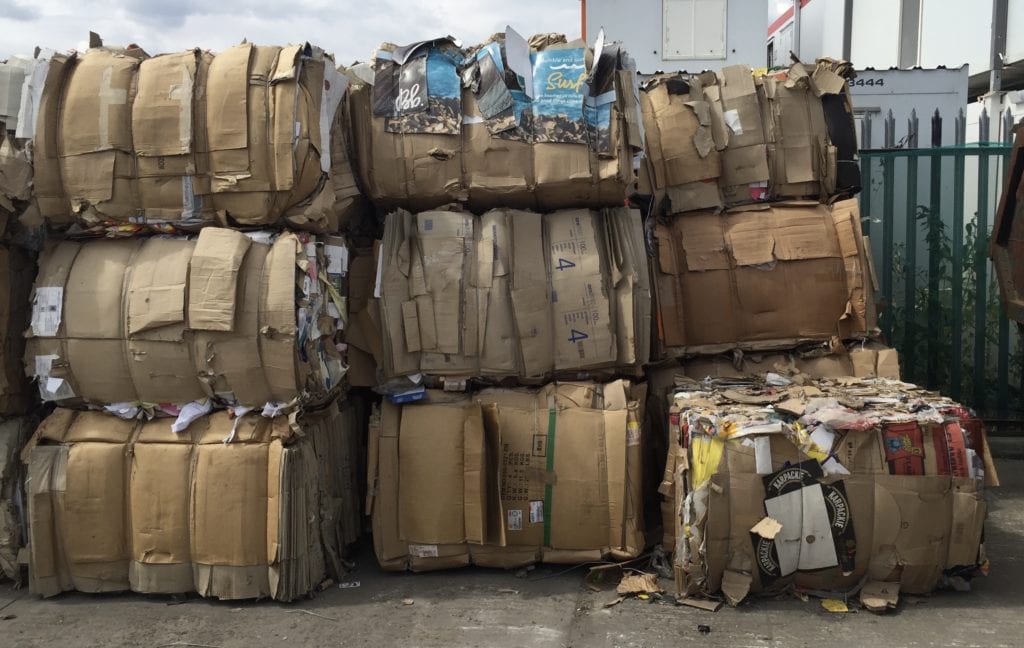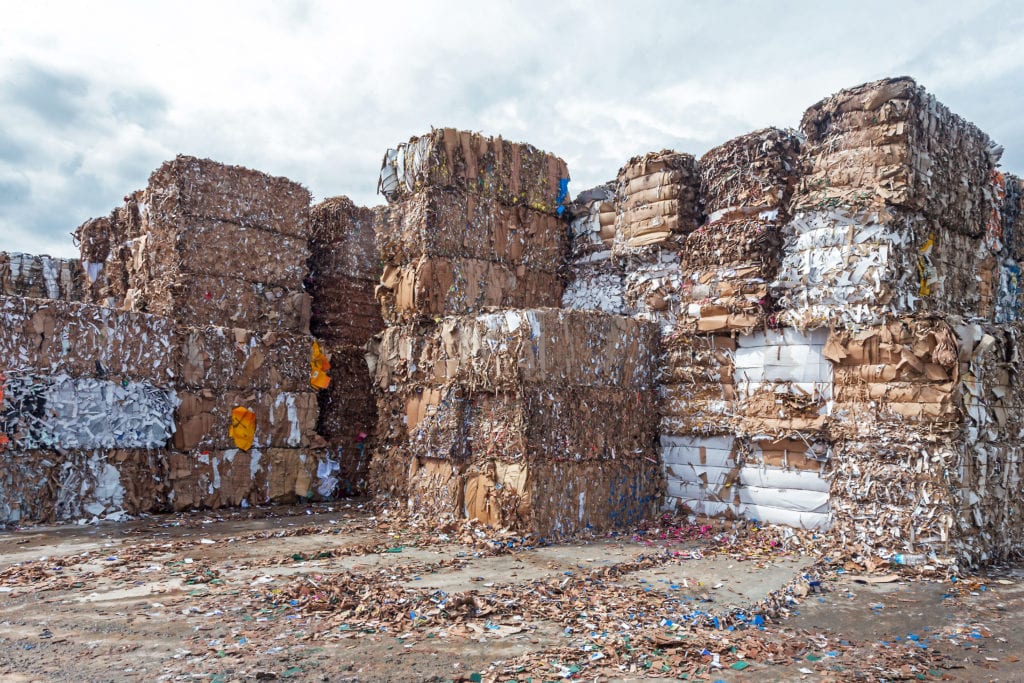Over the past year, a surge in online shopping has resulted in an unprecedented cardboard shortage. Despite The Recycling Association (TRA) predicting this situation back in March of 2020, the shortages have been unavoidable. Cardboard’s value has increased to more than five times its value prior to the pandemic.
Shortage Causes
This shortage has been the result of lockdown measures. With pubs and restaurants closing, the Daily Mail reports that wine deliveries have risen to great levels. With some in the recycling industry terming it ‘beige gold,’ its notoriety is beginning to match that of scrap metal. There have even been reports of gangs stealing cardboard and selling it to recycling companies for profit.
Simon Ellin, CEO of TRA, has called this crisis the “amazon effect.” With non-essential shops closed, and companies like Amazon offering free, next-day delivery, people are doing small weekly, or even daily, orders with one or two items. This produces huge amounts of cardboard. Ellin pleads that “We need to be good recyclers and get it all back in our recycling bin.”

Furthermore, with COVID-19 sweeping the nation at unprecedented levels, many recycling factories are experiencing staff shortages or even closures due to the virus. This has further impacted cardboard shortages as reprocessing used cardboard is taking even longer.
Businesses Taking The Hit
Businesses of all sizes are taking the hit as a result of this shortage. Wine companies, in particular, are experiencing a shortage of boxes to meet the rise in demand for home delivered alcohol. The Oxford and Cambridge Club, Wanderlust Wine, and Alpine Wines have all reported struggling to deliver orders on time due to the cardboard shortage.
Joelle Nebbe-Mornod, owner of Alpine Wines, reported that the situation is being exacerbated by large e-commerce holders “panic buying.” Amazon, in particular, has been targeted as an e-commerce culprit responsible for buying up large amounts of cardboard packaging.
Supermarkets are also taking a hit. A rise in egg sales during lockdown, combined with a cardboard pulp shortage has seen Asda, Sainsbury’s, and Tesco all revert to plastic containers for eggs. This has been met with a great deal of complaints amidst a national push away from single-use plastic packaging.
The Confederation of Paper Industries, which represents cardboard manufacturing companies, has stated that cardboard box demand has boosted 5 years ahead of predictions. Mills are working hard to keep up with demand by creating new machinery, yet shortages continue to limit businesses across the UK.


